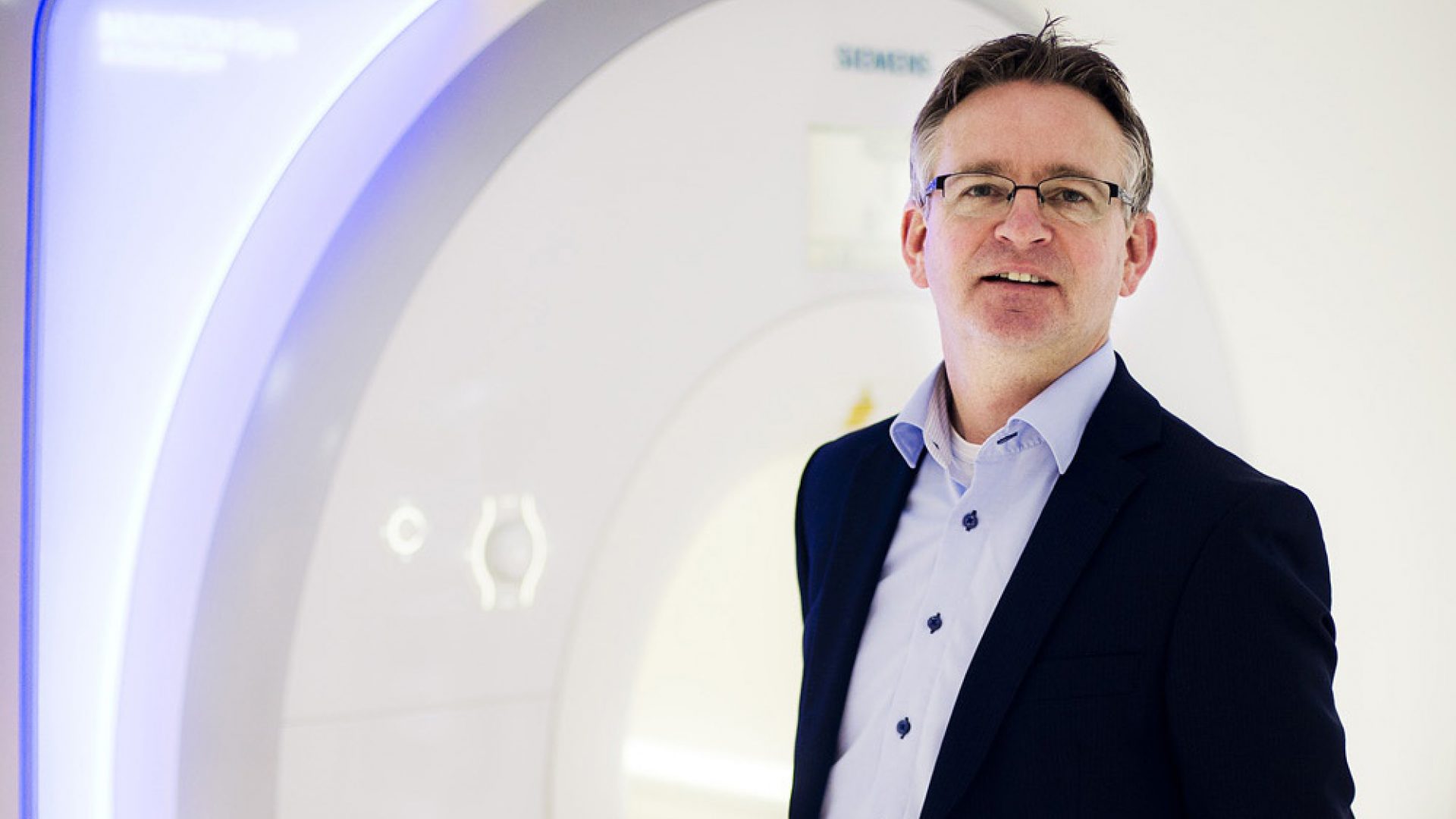
What does 4TU stand for?
4TU is a federation of the technical universities of Delft, Eindhoven, Twente and Wageningen. By working together, we can coordinate research, education and infrastructure. This will result in a more effective environment, so that enough technical-scientific people are trained and high-quality research with a major social impact can be conducted.
What does 4TU hope to get out of the partnership with the DCVA?
With the cooperation of 4TU and the DCVA, a unique partnership and joining forces is achieved in the prevention, diagnosis and treatment of cardiovascular diseases. To get real impact and momentum in this area, it is necessary to connect leading researchers, hospitals and other partners in the country. This is achieved through the DCVA partnership.
What does 4TU add to the DCVA, why should we be happy that 4TU is participating? Who ultimately benefits the most?
Ultimately, the patient will benefit the most, but of course it’s important for researchers and practitioners to generate innovations that can reduce cardiovascular problems. In the past, small projects were performed, which generated little impact on their own and were difficult to place in the multitude of other small projects. Through linking and coordination, the 4TU-DCVA collaboration creates a tremendous potential for coordinated power to stop cardiovascular problems.
Questions from NVVC:
What technical developments are underway that should lead to fewer cardiovascular diseases in 2030? How can technology contribute to a healthier lifestyle? Which priorities do the technical universities set? What information do the technical universities need from day-to-day cardiological care for the development of techniques applicable to patient care? How could we improve the collaboration between the cardiologist and technician?
That’s a lot of questions! I’ll try to answer them briefly. A lot is happening in the field of image processing, imaging, modeling, organ-on-a-chip, 3D bioprining and tissue engineering. With these techniques we can better predict, and sometimes even prevent, cardiovascular diseases. Furthermore, we can effectively test medicine and help to improve the instruments with which cardiologists work. All these techniques contribute in particular to a person-oriented approach and to interventions in which materials are used that fit well with the body characteristics of the patient. The Technical Universities are also active in the field of prevention, for example by developing portable sensor systems to measure people’s health. This may include the measurement of mental stress, exercise, diet, drinking behavior, smoking behavior, sleep rhythm, fatigue, heartrate or blood pressure. Lifestyle adjustments are better maintained if people receive feedback on their behavior. It would be nice to collaborate with cardiologists to develop technologies more collectively. If we develop together, it makes more sense for a cardiologist to have faith in the developed technology and to apply it. We should discuss with each other more often. For instance by organizing a joint conference. The Netherlands does excellent research and is also highly regarded clinically. Together we can make a major impact on the prevention and treatment of cardiovascular diseases.